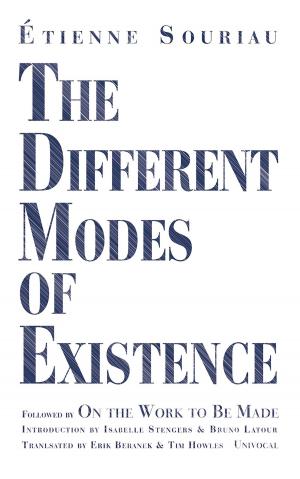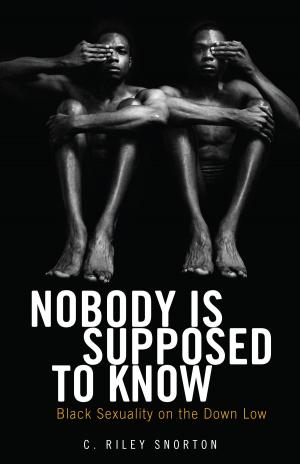The Stakes of Exposure
Anxious Bodies in Postwar Japanese Art
Nonfiction, Art & Architecture, Art History, General Art| Author: | Namiko Kunimoto | ISBN: | 9781452953762 |
| Publisher: | University of Minnesota Press | Publication: | February 21, 2017 |
| Imprint: | Univ Of Minnesota Press | Language: | English |
| Author: | Namiko Kunimoto |
| ISBN: | 9781452953762 |
| Publisher: | University of Minnesota Press |
| Publication: | February 21, 2017 |
| Imprint: | Univ Of Minnesota Press |
| Language: | English |
How would artistic practice contribute to political change in post–World War II Japan? How could artists negotiate the imbalanced global dynamics of the art world and also maintain a sense of aesthetic and political authenticity? While the contemporary art world has recently come to embrace some of Japan’s most daring postwar artists, the interplay of art and politics remains poorly understood in the Americas and Europe. The Stakes of Exposure fills this gap and explores art, visual culture, and politics in postwar Japan from the 1950s to the 1970s, paying special attention to how anxiety and confusion surrounding Japan’s new democracy manifested in representations of gender and nationhood in modern art.
Through such pivotal postwar episodes as the Minamata Disaster, the Lucky Dragon Incident, the budding antinuclear movement, and the ANPO protests of the 1960s, The Stakes of Exposure examines a wide range of issues addressed by the period’s prominent artists, including Tanaka Atsuko and Shiraga Kazuo (key members of the Gutai Art Association), Katsura Yuki, and Nakamura Hiroshi. Through a close study of their paintings, illustrations, and assemblage and performance art, Namiko Kunimoto reveals that, despite dissimilar aesthetic approaches and divergent political interests, Japanese postwar artists were invested in the entangled issues of gender and nationhood that were redefining Japan and its role in the world.
Offering many full-color illustrations of previously unpublished art and photographs, as well as period manga, The Stakes of Exposure shows how contention over Japan’s new democracy was expressed, disavowed, and reimagined through representations of the gendered body.
How would artistic practice contribute to political change in post–World War II Japan? How could artists negotiate the imbalanced global dynamics of the art world and also maintain a sense of aesthetic and political authenticity? While the contemporary art world has recently come to embrace some of Japan’s most daring postwar artists, the interplay of art and politics remains poorly understood in the Americas and Europe. The Stakes of Exposure fills this gap and explores art, visual culture, and politics in postwar Japan from the 1950s to the 1970s, paying special attention to how anxiety and confusion surrounding Japan’s new democracy manifested in representations of gender and nationhood in modern art.
Through such pivotal postwar episodes as the Minamata Disaster, the Lucky Dragon Incident, the budding antinuclear movement, and the ANPO protests of the 1960s, The Stakes of Exposure examines a wide range of issues addressed by the period’s prominent artists, including Tanaka Atsuko and Shiraga Kazuo (key members of the Gutai Art Association), Katsura Yuki, and Nakamura Hiroshi. Through a close study of their paintings, illustrations, and assemblage and performance art, Namiko Kunimoto reveals that, despite dissimilar aesthetic approaches and divergent political interests, Japanese postwar artists were invested in the entangled issues of gender and nationhood that were redefining Japan and its role in the world.
Offering many full-color illustrations of previously unpublished art and photographs, as well as period manga, The Stakes of Exposure shows how contention over Japan’s new democracy was expressed, disavowed, and reimagined through representations of the gendered body.















